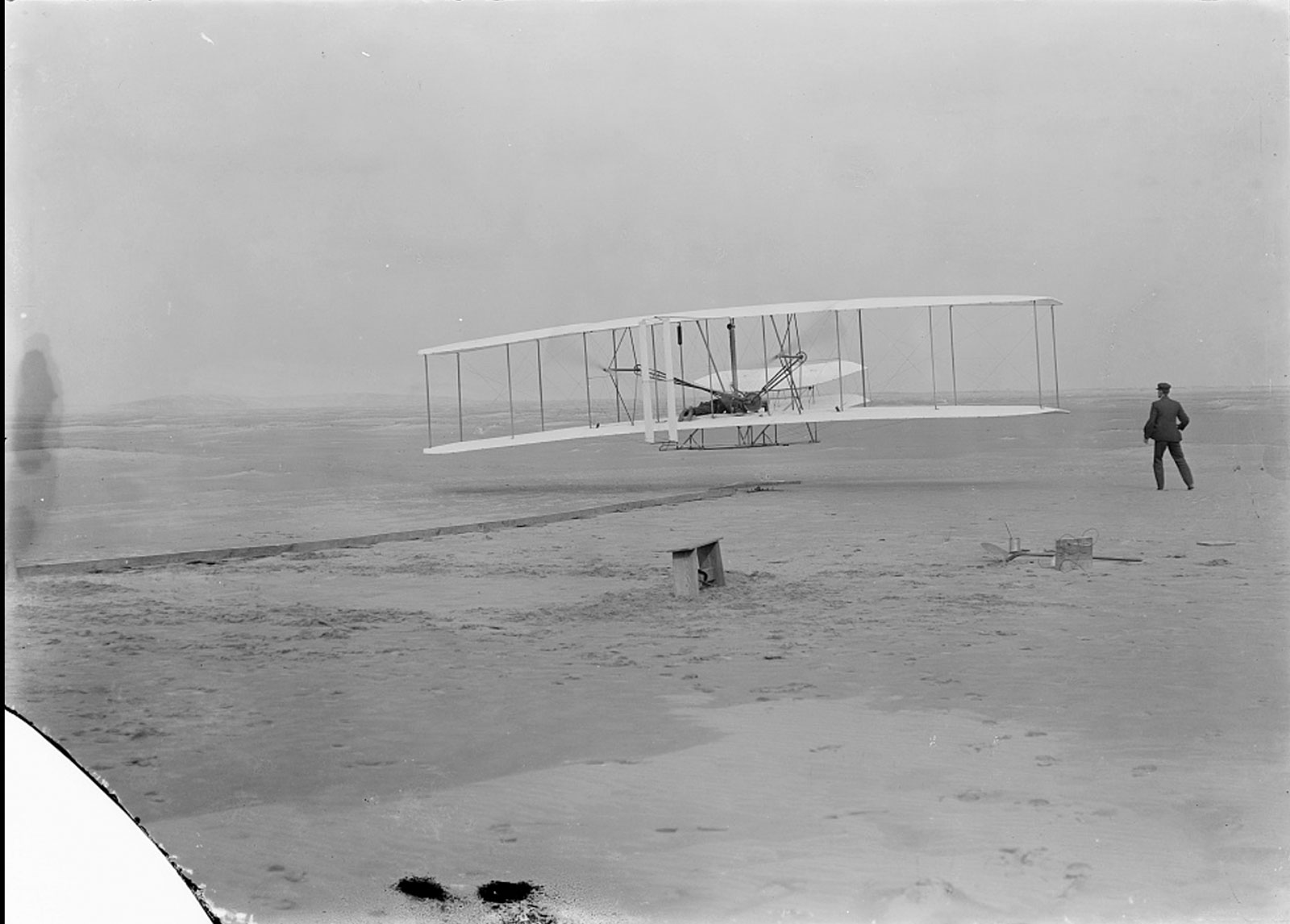NASA's Mars helicopter Ingenuity aces troublesome spin test
The first time the little chopper attempted the test, it test ended early.
Update for April 19: Ingenuity successfully made its first flight on Mars. Read the full story here.
NASA's experimental Mars helicopter Ingenuity nailed a crucial spin test after the first try ended abruptly, delaying the chopper's groundbreaking flight attempt.
During the test, successfully completed on Friday (April 16), the grounded helicopter spun its blades at the speed required for flight, about 2,400 revolutions per minute. The Ingenuity team is evaluating the new data and data about a previously initiated software tweak to decide a new flight date for the 4-lb. (1.8 kilogram) helicopter, according to a NASA statement released Friday night.
When Ingenuity first attempted the test, on April 9, the test stopped as the helicopter's computer was switching from preflight mode to flight mode due to a 'watchdog' timer expiration, NASA said at the time. As a result, NASA announced it would delay the vehicle's first flight, which had been targeting April 11, as the team troubleshooted the misbehaving timer.
Related: Watch NASA's Mars helicopter Ingenuity test its blades! (video)
Join our forums here to discuss the Perseverance rover on Mars. What do you hope finds?
The successful spin test came after Ingenuity's personnel tweaked the flight sequence itself, according to the statement. "This approach was tested extensively on both Earth and Mars, and was performed without jeopardizing the safety of the helicopter," NASA officials wrote in the statement.
Engineers had been simultaneously working on a second potential solution that would require reinstalling the helicopter's flight control software, and they aren't quite ready to push aside that work.
Breaking space news, the latest updates on rocket launches, skywatching events and more!
"The software swap is a straightforward fix to a known issue," the statement reads. "But, it will take a bit longer to perform and is a modification to software that has remained stable and unchanged for close to two years. Validation and testing have taken several days, and transfer and loading of these new files will take several more."
The team is now evaluating which correction to implement for Ingenuity's first flight, which will be scheduled accordingly. In previous statements about the issue, NASA personnel have said they hope the helicopter will fly sometime next week (the week of April 19).
The news of the successful full-speed spin test came, coincidentally, on the 154th anniversary of the birth of Wilbur Wright, one of the Wright brothers who built the first plane to successfully fly on Earth. Ingenuity carries a small piece of fabric from that plane, dubbed Flyer 1.
Ingenuity has been sitting on what will become its airfield, a flat patch of Jezero Crater, since April 3, when the Perseverance rover gently dropped the helicopter the last few inches to the Red Planet's surface. Ingenuity had made the long trek to Mars folded up and shielded behind the belly pan of the car-sized rover.
Since deploying Ingenuity, Perseverance trundled to the overlook site that engineers selected for it to watch the flight from. The main rover is passing its time by evaluating whether nearby rocks formed during a volcanic eruption or from water depositing sediments.
The mission schedule allots 30 Martian sols (about 31 Earth days) to Ingenuity's flight campaign. After that time runs out, the rover must turn its focus to the geological analysis and sample caching that make up its primary mission on the Red Planet.
Email Meghan Bartels at mbartels@space.com or follow her on Twitter @meghanbartels. Follow us on Twitter @Spacedotcom and on Facebook.

Meghan is a senior writer at Space.com and has more than five years' experience as a science journalist based in New York City. She joined Space.com in July 2018, with previous writing published in outlets including Newsweek and Audubon. Meghan earned an MA in science journalism from New York University and a BA in classics from Georgetown University, and in her free time she enjoys reading and visiting museums. Follow her on Twitter at @meghanbartels.


